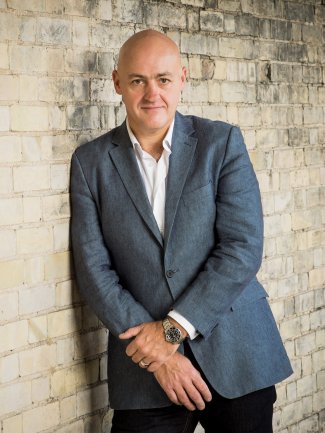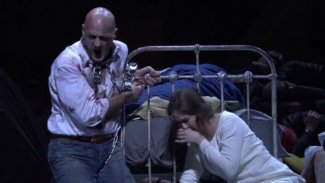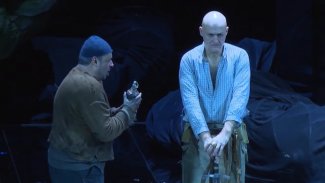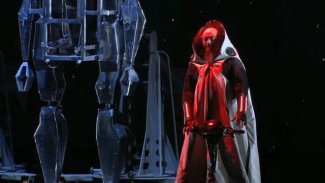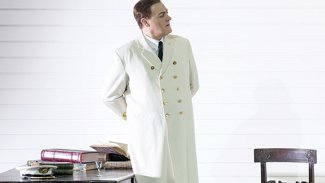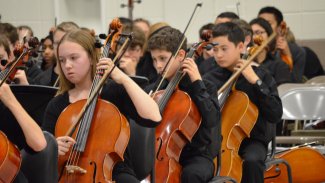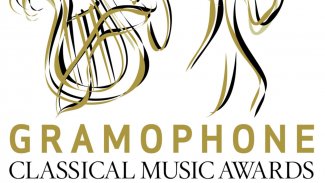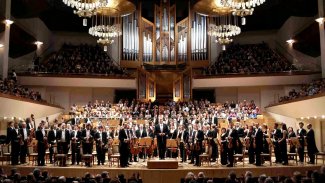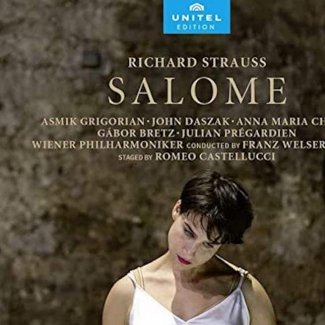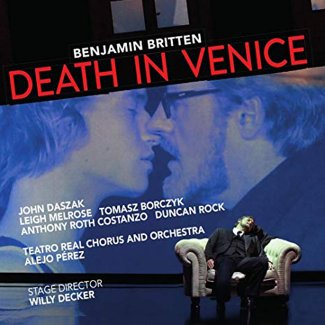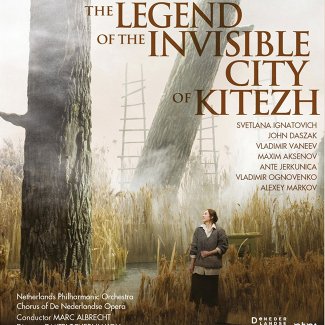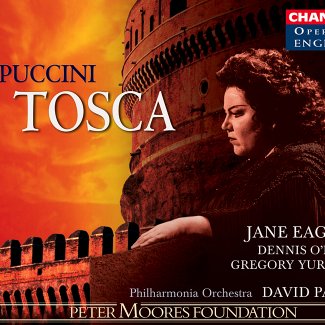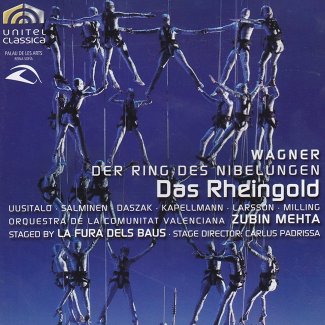John Daszak
Tenor
“John Daszak has a flexible, beautiful voice combined with most intelligent, effortless characterisation.”
(Frankfurter Allgemeine on Khovanshchina)
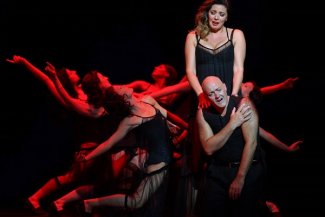
See more
Gallery
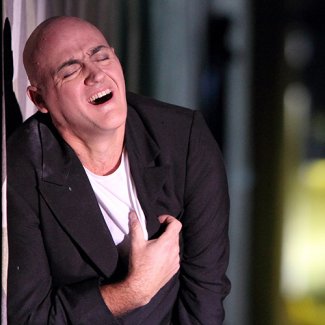
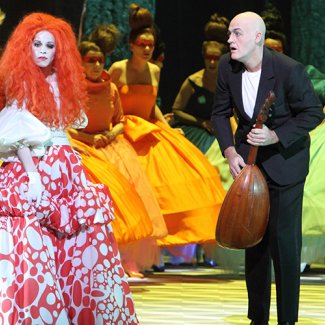
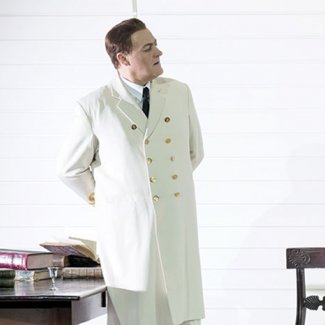
Season Highlights
April 2025
Teatro dell’Opera di Roma
Show more about Teatro dell’Opera di Roma
Show more about Teatro dell’Opera di Roma
Repertoire:
Il prigioniero
May 2025
Opernhaus Zürich
Show more about Opernhaus Zürich
Show more about Opernhaus Zürich
Repertoire:
Salome (Herodes)
June 2025
Bayeriche Staatsoper
Show more about Bayeriche Staatsoper
Show more about Bayeriche Staatsoper
Repertoire:
Kat'a Kabanová (Tichon)
Opera Online, February 2026
Klassik begeistert, January 2026
Broadway World, January 2026
Bachtrack, January 2026
Opera Magazine, February 2026
- Opera, February 2026
Firenze University Press, May 2025
Opera World, May 2025
Opera, May 2025
Pro Opera, April 2025
Giornale della Musica, April 2025
Bachtrack, March 2025
- Olyrix, January 2025
Remusica, July 2024
Opera Online, July 2024
BR Klassik, July 2024
(Apemusicale.it, March 2024)
(Resmusica, March 2024)
(Houston Press, June 2024)
Scherzo, April 2024
Giorno della musica, March 2024
Forum Opera, November 2023
resmusica, September 2023
Online Musik Magazin, September 2023
Die Deutsche Bühne, September 2023
Concert Classic, May 2023
Bachtrack, January 2023
Opera Online, November 2022
Opera Today, October 2022
Opera Magazine, September 2022
Olyrix, July 2022
(La Stampa, 29 June 2021)
(Opera Magazine, February 2021)
(Opera Magazine, December 2019)
(Opera, September 2019)
(BBC Music Magazine, March 2019)
(Opera Magazine, February, 2019)
(Opera Magazine, January 2019)
(Bachtrack, September 2018)
(Oper Aktuell, September 2018)
(Opera Today, September 2018)
(Erica Jeal, Opera Magzaine, March 2018)
(Opera Magazine, January 2018)
(John Allison, Opera magazine, October 2017)
(Hugo Shirley, Opera Magazine, October 2017)
(The Financial Times, August 2017)
(Opera Magazine, August 2017)
(Seen and Heard, April 2017)
(Opera Magazine, November 2015)
(Opera Magazine, November 2015)
(Seen & Heard, September 2015)
(Bachtrack, September 2015)
(BR-online, August 2015)
(Bachtrack, August 2015)
(Operaclick, May 2015)
(Seen & Heard, April 2015)
(Mundo Clasico, April 2015)
(Neue Zürcher Zeitung, April 2015)
(Financial Times, April 2015)
(klassik.com, April 2015)
(The Times, March 2015)
